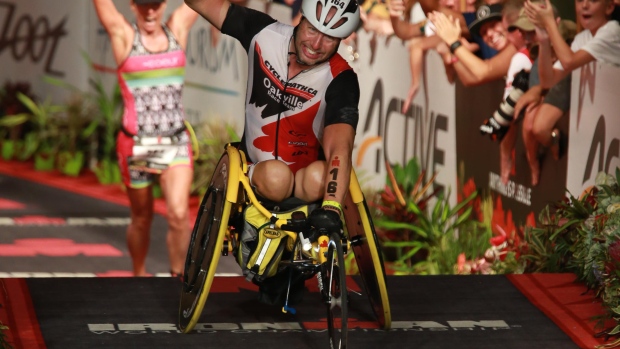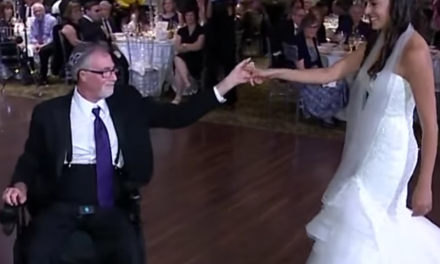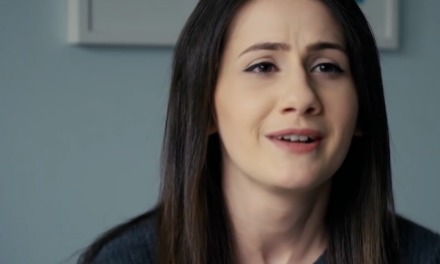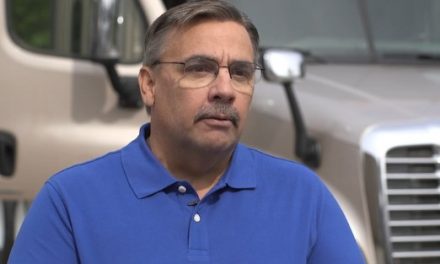Robert Buren was the first paraplegic Canadian to compete in the Ironman World Championship
A year after his accident, Buren watched the Ironman World Championship in Kona, Hawaii on television. He watched a feature on Ricky James, a young California man who broke his back during a motocross race, training for the competition.
“When I saw that I thought, ‘This kid is doing it.’ I wondered, ‘Could I do that?’
Buren realized that if he was going to qualify, he would have to do it with just his arms.
“That became this incredible goal, this challenge I set for myself to see what was possible.”
An Ironman competition is a 226-kilometre race that includes 3.8 kilometres of swimming, 180 kilometres of cycling and then run a full marathon.
He reached out to other athletes for advice on how to approach training for the competition — without the use of his legs.
Buren started by learning to swim. He initially used his child’s life jacket to keep his legs buoyant while training and eventually got special wetsuit pants that would help his legs float above the water.
“I learned how to turn my body with my arms so I could breathe, swallowed a lot of water, but learned how to swim,” said Buren.
Robert Buren’s life changed forever on Oct. 5, 2008 while mountain biking with a friend in Burlington, Ont. — he suffered a spinal injury that left him a paraplegic.
“I was in the forest and went over a jump, my head hit the ground and my legs fell over me. And first thing I thought was my daughters, who were two and four at the time, that I wouldn’t be able to dance with them when they got married,”
“Then what came to mind was, how am I going to live the life that I was living? How will I work? How will I get on an airplane if I can’t walk? How would I ride a motorcycle? It’s what I love to do most,” Buren explained.
A month before his accident, Buren and his wife completed their first half marathon. They trained a year for it, so post-accident he was considering his options on how to stay active.
“I had some friends that had done triathlons before my accident and I had always admired that,” said Buren.
For cycling, Buren learned how to use a hand cycle that you lie down in and use your arms to peddle.
Buren said it was a long process to qualify for the world championship and only four hand-cyclists are allowed to compete.
‘The hardest thing I’ve ever done’
He failed to secure his spot during a competition in Luxembourg in 2015, but in 2016 he travelled to Texas and got his spot at the Ironman World Championship in Kona that same year.

“What a privilege for me to be among the world’s best, to race with these people that are top of their game, truly an honour, and to have my children there watching me accomplish this,” said Buren.
“The hardest thing I’ve ever done.”
Buren said the moment he’ll never forget during the race was at night when he travelled up Palani Road hill that goes up from the water in Kona.
“I’m trying to climb this hill in my racing wheelchair and if I push to hard I’ll actually flip over backwards, it’s that steep, but my kids were there and they were cheering me on and my youngest daughter had a cowbell,” he said.
‘The day is mine’
“But when I accomplished that hill I thought, ‘The day is mine.'”
Buren placed second in the competition. Four paraplegic men raced, only he and another man completed it.
“To go from breaking my back to becoming number two in the world, that was a tremendous accomplishment that I am still proud of. Sometimes I look back and think, ‘Wow, that really happened,'” Buren said.
Buren attributes his motivation to how his parents raised him to work hard. He also said the support from his friends and family got him through.
Buren now does motivational speaking and just launched a mentorship non-profit called NBT Mentors.
“The world sees me working hard and the world seems to respond and help me accomplish those things and that’s really powerful and I hang onto that.”
Original published on CBC News – Jan 10, 2018





